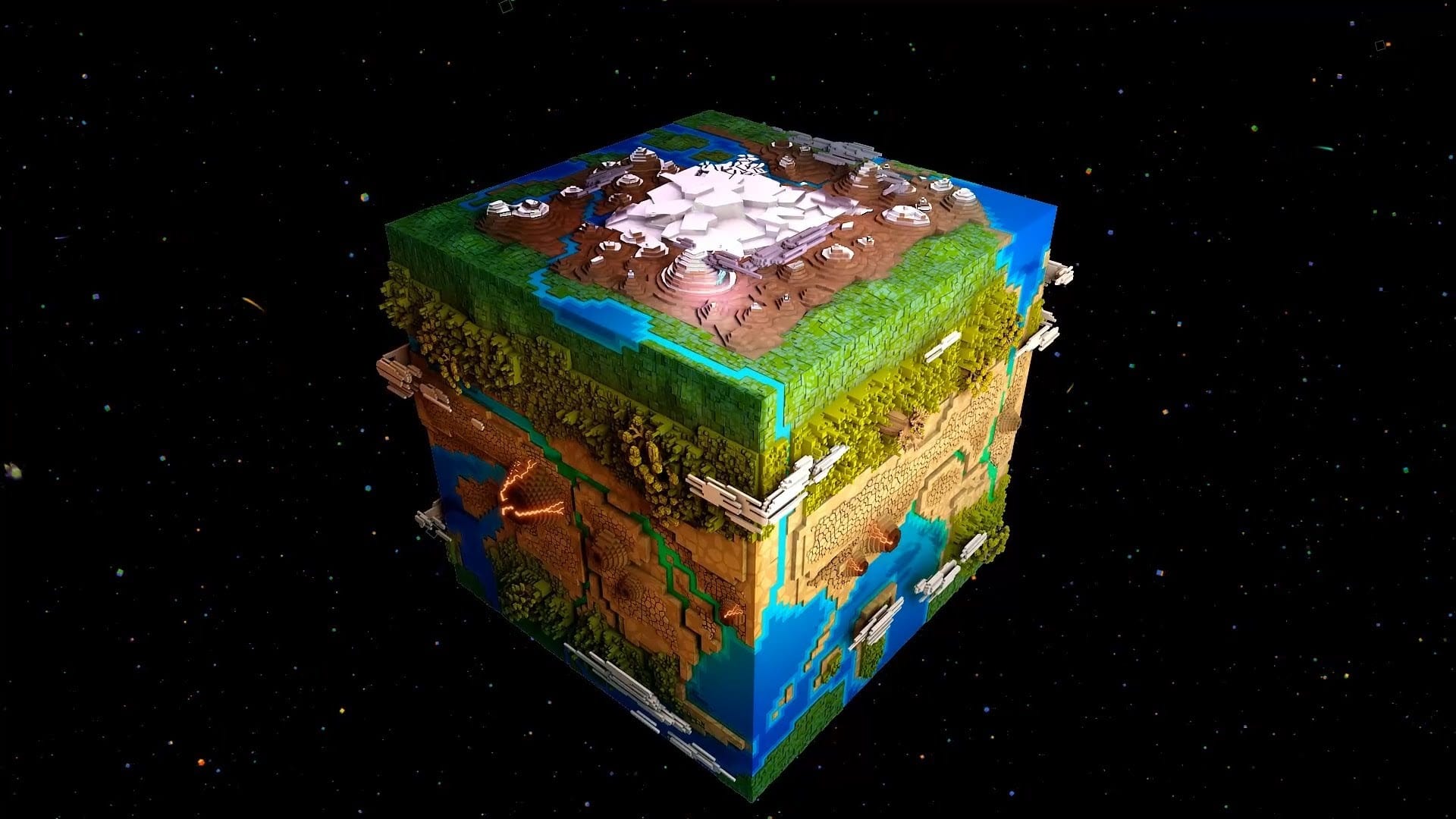The indie scene, as it is, is becoming more and more popular after the rise of Minecraft and Binding of Isaac, and other such games. This is good, in some senses. It give’s new developers a chance to get their foot in the door with some original concepts and break the cycle of AAA monotony, but that being said, the indie market has a cycle of its own that has to be discussed if we are to try and stop the toxicity that so often seeps into these adventures and can often poison the community from the inside.
Indie games (that is “independent games”, those created without a publisher’s input) have a life cycle within their own communities, that starts to give hope to the gaming industry and almost invariably ends up leaving me with a bitter taste in my mouth for what it has become.
To begin, indies start with a small following, a community very invested in the game, that love nearly every aspect, and seek to correct those they don’t in good faith. This is the part that should be kept, truly. In this stage of an indie game’s life, each and every player is simply happy to see others enjoying what they enjoy so much, they help each other and have fun in the game for what it is.
Following this, the life continues, as it gains more of a community around it, this attitude very much continues with a few tweaks to the formula, adding a bit more of an undertone of deserving rights to the players, as if to say “this game is getting popular, more money should be put into it, make it better, NOW!” and that attitude is exactly the opposite of why they started to play the game, to love it. Now they want it to bend to their whim, simply due to more income, when indie games often don’t have the resources, and so, to accommodate, the developers will take on more staff, which inevitably leads to a “design by committee” feel eventually.
The design by committee feel will leave the original audience feeling disinterested in the current version of these games, and such a larger following will attract the more insidious gamers, and eventually, the game will fall out of favour as the gaming environment becomes more and more toxic from all those gamers who now think that this game is the best, shunning those from their communities that have questions, as they simply have to “get good, scrub” or some similar unhelpful comment.
To use a previous example, take Minecraft. While not as escalated as I have suggested throughout this article, the Alpha players were very much in the first stage of the indie life cycle, and now, “griefers” enter worlds for the sole purpose of exploding everything they can find and ruining hours, or potentially days of loving tender work by the owner of that world, and these kinds of acts can force friends apart faster than a game of Monopoly.
Perhaps the message here is to treat games with the adoration they deserve, but to not become rabid attack dogs in the process.
